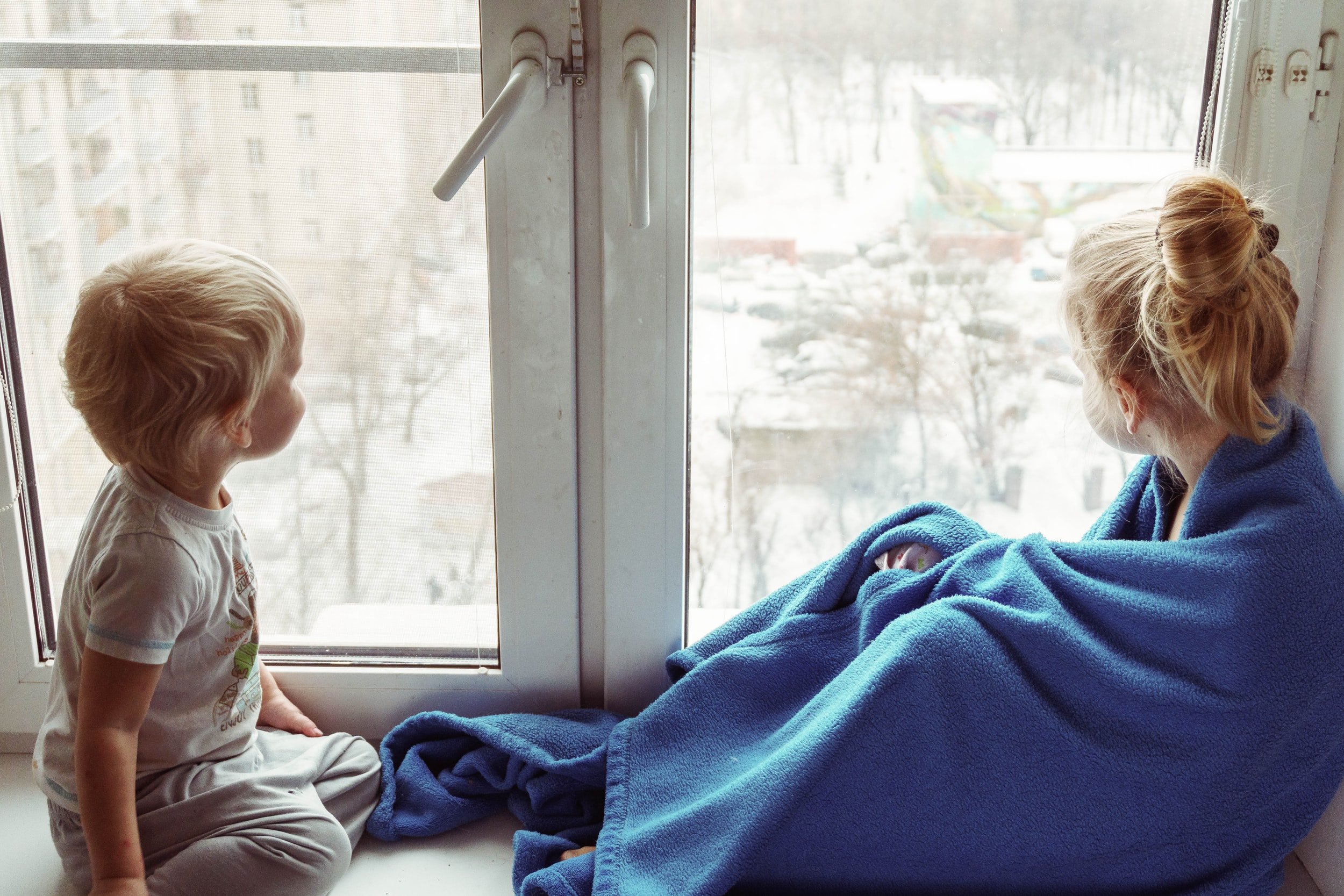
Support for Working through Flu (treatments which should help with coronavirus, too)
There are many small things we can do to help support each other through a flu. We can collectively work to understand “When I am sick, what is my body trying to accomplish, what does it need to do to get better?” and then we work to support those tasks. Fever is created by the immune system to physiologically aid the process of dissolving and clearing out what has become too isolated, too stuck, too cooled in our own body. Inflammatory reactions—also part of the immune system’s activity—work to recognize and remove those things that do not belong in us, which is why we get inflammations during infections with viruses and bacteria (even if we get a splinter in our finger). It is possible to guide and support the body to accomplish its tasks. The suggestions listed below are helpful for illnesses or influenza-type illnesses with strong fever.

Fever, Fear, and Riding a Bicycle: Working with Fever in a Different Way
This article was originally published in Lilipoh Magazine, Issue #97, Fall 2019
We lose part of our sense of control when we get sick, and no one likes that feeling. Loss of control brings fear. Illness is always a little scary because there is implicit risk of loss and incapacity and so we (appropriately) fear lasting injury. Another part of the fear we experience with illness comes not so much from injury, but from simply not quite knowing what is going to happen. Usually illness is mild, but what if it becomes life-threatening, and how are we supposed to know which illness is mild and which is dangerous? Getting professional medical advice aids in that determination, but even the medical encounter itself can bring its own set of worries—we must trust in the advice of medical providers even when we may not fully understand their decision-making process, or worse yet, not even be invited to participate in it. There are reasons to be fearful around illness on multiple levels.

What’s the Healthiest Way to Work with Fever?
There are times when you find that the way you have been approaching things, even if it is by doing exactly what you were instructed to do, is backwards. I remember vividly a professor saying in the first week of medical school that “fifty-percent of what we are going to teach you is wrong and will be corrected over time–the problem is that now we don’t know which half.” That was a remarkable admission from a very experienced and seasoned clinician.
I believe that not so many years from now we will recognize that the way we have been working with fever is all wrong. Too often fever is treated as a bad symptom (and yes, you might temporarily feel better if your temperature is lowered), but routine fever treatment blinds us to fever’s essential role as a tool of the immune system. The importance of fever has long been appreciated within anthroposophic medicine, and now it is increasingly confirmed by good, modern, scientific data.
Below are some facts and recommendations that might help shift your thinking a bit.

Inflammation as Transformation: How to Get Unstuck? Part 2
One of the truest definitions of health that continues to prove itself over and over again is that when we get sick, our immune system can work thoroughly and efficiently so that the illness comes to a full resolution. In other words, being healthy does not mean that we never get sick (which would assume that at baseline we have some kind of perfection of physiology, and illness is always a deviation from it). That makes for a clean model, but is a very static view. We are more dynamic beings than that. At important times an illness process can actually open the door for us to transform and rebalance. Small children are particularly good at this. When they get stressed or worn down, they quickly show the world that they don't feel well (adults are not quite so honest, and we can hold out a lot longer with supports like caffeine, deadlines, duty, and yes, the fear of finally letting down…). But sick children do what their bodies need: they slow down, they lose their appetite, get a fever, whine and cling, and discharge what they don't need (with a drippy nose, loose stools, a red rash, etc). That process needs a few days, but usually children swiftly turn the corner and build back to a good appetite and full activity–often better balanced than they were before. So an essential part of health is that our body has the flexibility to loosen and shift and change to a new state as needed.

Why Warmth is so Important
It is really important to nurture and protect your warmth. Warmth deserves more attention than it usually gets. Warmth holds a very special place in the life of both the developing child and the adult, because it works throughout the entire spectrum of human experience. There is physical warmth, emotional warmth—the warmth of love, of generosity, of true morality—and all of these “warmths” pour over and merge with each other. Perhaps most importantly, warmth is the essential ingredient in transformative work. Without warmth we cannot change, and our life is full of processes of growth and adaptation. Warmth helps us be healthy human beings on many different levels.